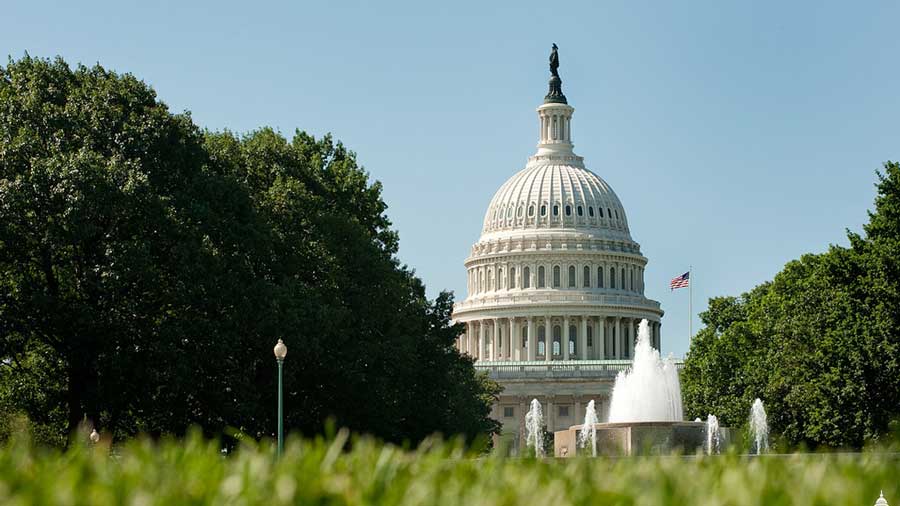Pew Survey Says: Disagreement Over Online Sexual Harassment

The smarter way to stay on top of broadcasting and cable industry. Sign up below
You are now subscribed
Your newsletter sign-up was successful
What qualifies as sexual harassment? This argument has been getting a crash course clarification through the #MeToo movement and the fall of high-profile harassers and alleged harassers. What qualified as online harassment was less clear, according to a Pew survey conducted last March.
The Pew Research Center survey found that while respondents agree that direct personal threats are clearly harassment, but there is disagreement over whether unkind messages or sharing private conversations also qualify as harassment.
Pew presented the following scenario:
“Julie posts on her social media account, defending one side of a controversial political issue. A few people reply to her, with some supporting and some opposing her. As more people see her post, Julie receives unkind messages. Eventually her post is shared by a popular blogger with thousands of followers, and Julie receives vulgar messages that insult her looks and sexual behavior. She also notices people posting pictures of her that have been edited to include sexual images. Eventually, she receives threatening messages.”
It then asked respondents where in that sequence the harassment began. Only 3% said the initial disagreement was harassment. A strong minority--43%--said the unkind messages were harassment; 17% said sharing her post with the blogger followers. The vulgar messages were clearly harassment said 85%; 84% said including sexual images was harassment, while 85% said threatening messages were as well.
And while there is agreement on some online behaviors that cross the line, there is less agreement on whether it is the role of the online platform to step in.
There is a gender divide over the issue as well. While 24% of women considered the blogger sharing the info as harassment, only 9% of men agreed. Half of the women said when the unkind messages began, so had the harassment, while only 35% of men said so.
While 43% consider unkind messages harassment, only 20% said the social media site should address that, and while 85% said vulgar messages about sexual behavior and looks were harassment, fewer (though still two-thirds) said the site should step in.
Social media's role in policing their sites has become a big issue in Washington as legislators try to figure out how to address sexual trafficking or terrorist recruiting on the net without censoring content or requiring social media sites to become content police themselves, liable for every post, which those sites say threatens the social media business model, as well as speech.
The report was based on data from March 13-27, 2017, among 4,151 respondents. The margin of error is plus or minus 2.7 percentage points.
Pew actually released data from the March survey on online harassment in July, but did not include this portion. Asked if the timing of the release was tied to the spotlight on at the issue of sexual harassment in recent weeks, a spokesperson said no, that this was an ancillary part of the survey and the release had to do with its “research schedule."
Related: Survey Says Trump Approval Rating 34%
The smarter way to stay on top of broadcasting and cable industry. Sign up below
Contributing editor John Eggerton has been an editor and/or writer on media regulation, legislation and policy for over four decades, including covering the FCC, FTC, Congress, the major media trade associations, and the federal courts. In addition to Multichannel News and Broadcasting + Cable, his work has appeared in Radio World, TV Technology, TV Fax, This Week in Consumer Electronics, Variety and the Encyclopedia Britannica.

